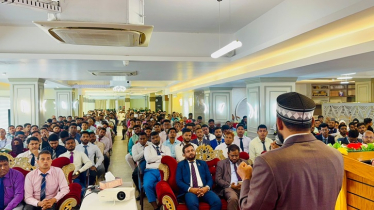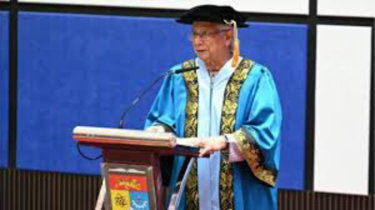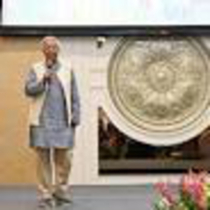
Once, Bholaganj was a masterpiece of nature’s poetry — a place where the white stones in the river sang the monsoon’s melodies and caught the sun’s playful grin. Today, that poem has been butchered into a tragic farce, with the administration playing the lead actor in a spectacle of incompetence, and illegal operators starring as unrepentant villains.
Where once waves danced in harmony with the mountains’ roar, now only the relentless grind of extraction machines punctuates the silence — a cacophony that drowns out the river’s own heartbeat. The famed white stones of Bholaganj? They have metamorphosed into a “white desert” — a scar on nature’s chest carved by human greed and political hubris.
This river was once the wellspring of life, but today it’s a monument to moral decay. Illegal quarrying hasn’t just gutted the river’s bed; it has chipped away at the very foundation of our ethics, leaving behind a gravel-strewn wasteland. And the administration? They watch the river’s suffering with all the urgency of a cat staring at a dripping faucet — eyes wide open but utterly indifferent.
The administration’s “blindness” is nothing short of artful. Nighttime raids unfold like poorly scripted theater — a fleeting show to placate the public before the machines roar back to life, unabated. It’s the classic case of “throwing stones from a glass house” — while the real culprits smile from the wings. In political corridors, this rampant plunder has become so institutionalized that extracting stones from the riverbed is now cynically paraded as a voter’s boon.
Political leaders have filched the river’s pride — those white stones — and crafted crowns of hollow glory. From afar, they glitter; up close, they reveal empty shells. These vacuous crowns, entwined with illegal extraction cartels, form a toxic blend that bleeds the lifeblood from the land.
This illicit quarrying has transformed into a lucrative racket, with most proceeds vanishing into shadows, as the so-called revenue reports gather dust unread. The common folk? Their livelihoods lie buried beneath piles of stolen stone, suffocated by an ecological disaster they neither caused nor can escape. It’s like chasing pearls on the moon — where the moon is absent, and only desert dust remains.
This “white desert” is not merely the river’s death knell; it is the corpse of our collective pride. What was once the living history of our community has become a cautionary tale — a bedtime story for future generations: “Once upon a time, the river’s bed glittered with stones.” A fairy tale, perhaps, but one that stings with bitter truth.
To the administration: Can you not hear the river’s death rattle? Or do you prefer the comfort of willful blindness? Your staged performances amount to nothing but empty gestures. And political elites? They seem to believe that hawking off the river’s stones is a grand achievement, while the people’s sobs are dismissed as background noise in a windstorm.
Environmentalists warn that if this illegal extraction continues, within years Bholaganj’s river will be a sprawling desert. And amid the dust, our hopes and heritage will vanish, leaving behind only a desolate memory — with political clowns posing for photos to “prove” their concern.
This grotesque dance of plunder hasn’t only shattered nature’s bones — it has bulldozed our social conscience and moral compass. Our apathy, our silence, and our flawed political choices have forged this “white desert.” It’s time to rise from this wasteland and reclaim what was lost.
We need firm administrative action, public engagement, and a break from the political shields that protect these marauders. This fight is not just for the river, but for our very survival.
Do we dare envision a day when the river’s bed once again gleams with white stones? When nature smiles and people rejoice? When the greed-soaked legends dissolve into dust? Or will this pride remain only a haunted memory — a silent death beneath layers of desert sand?
In the end, nature is our mother, the river our lifeline. Just as white stones are the jewels in its crown, so is it our sacred duty to protect them. Only then will our white stones shine again — not just as stones, but as the resurrection of the river’s soul, and our pride. Otherwise, future generations will only hear whispers of a time — “There once was a river, its chest brimming with white stones.”
Engineer Fokor Uddin Manik
Political Analyst & Satirical Writer
Email: [email protected]
TH

.png)







